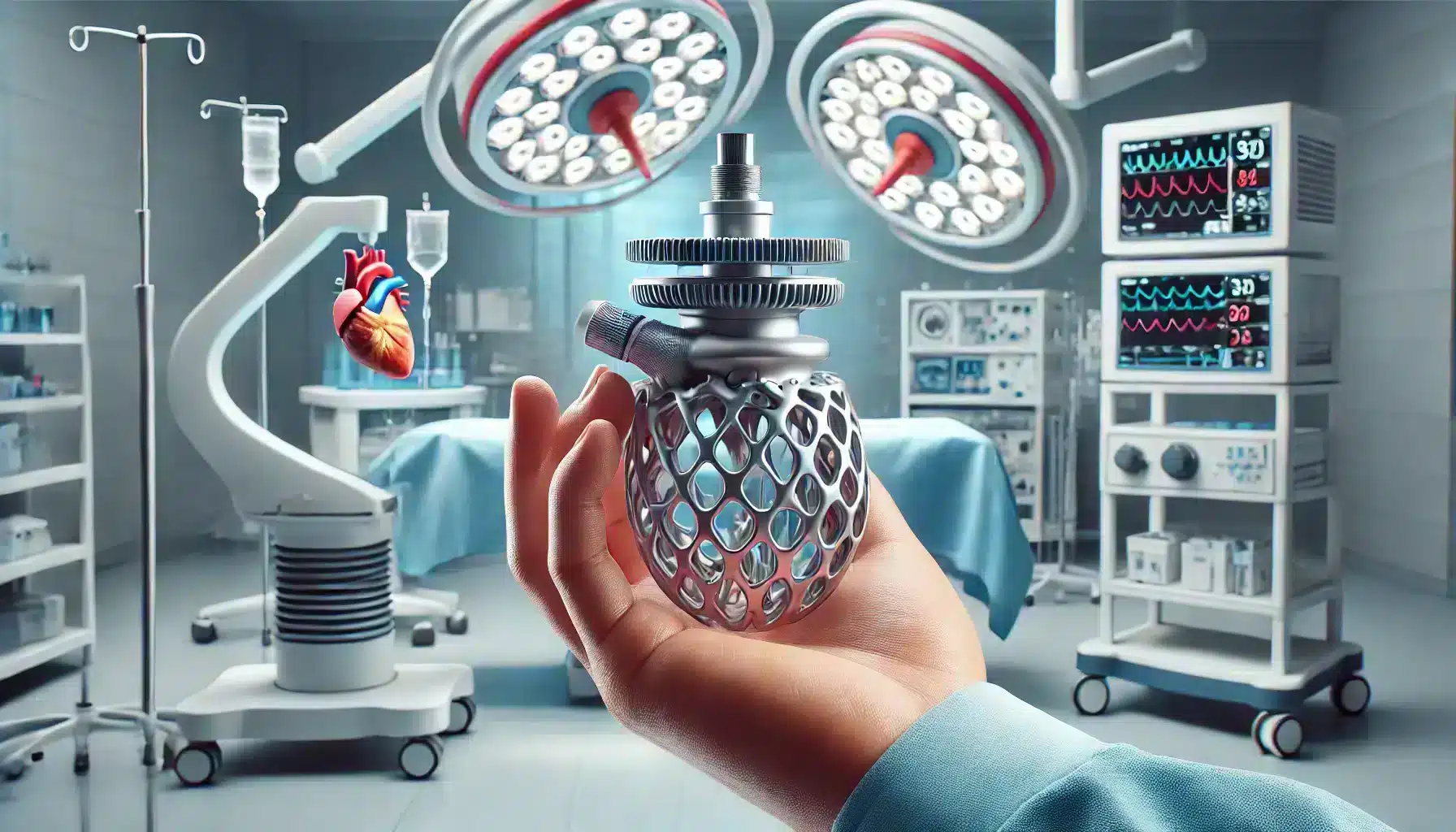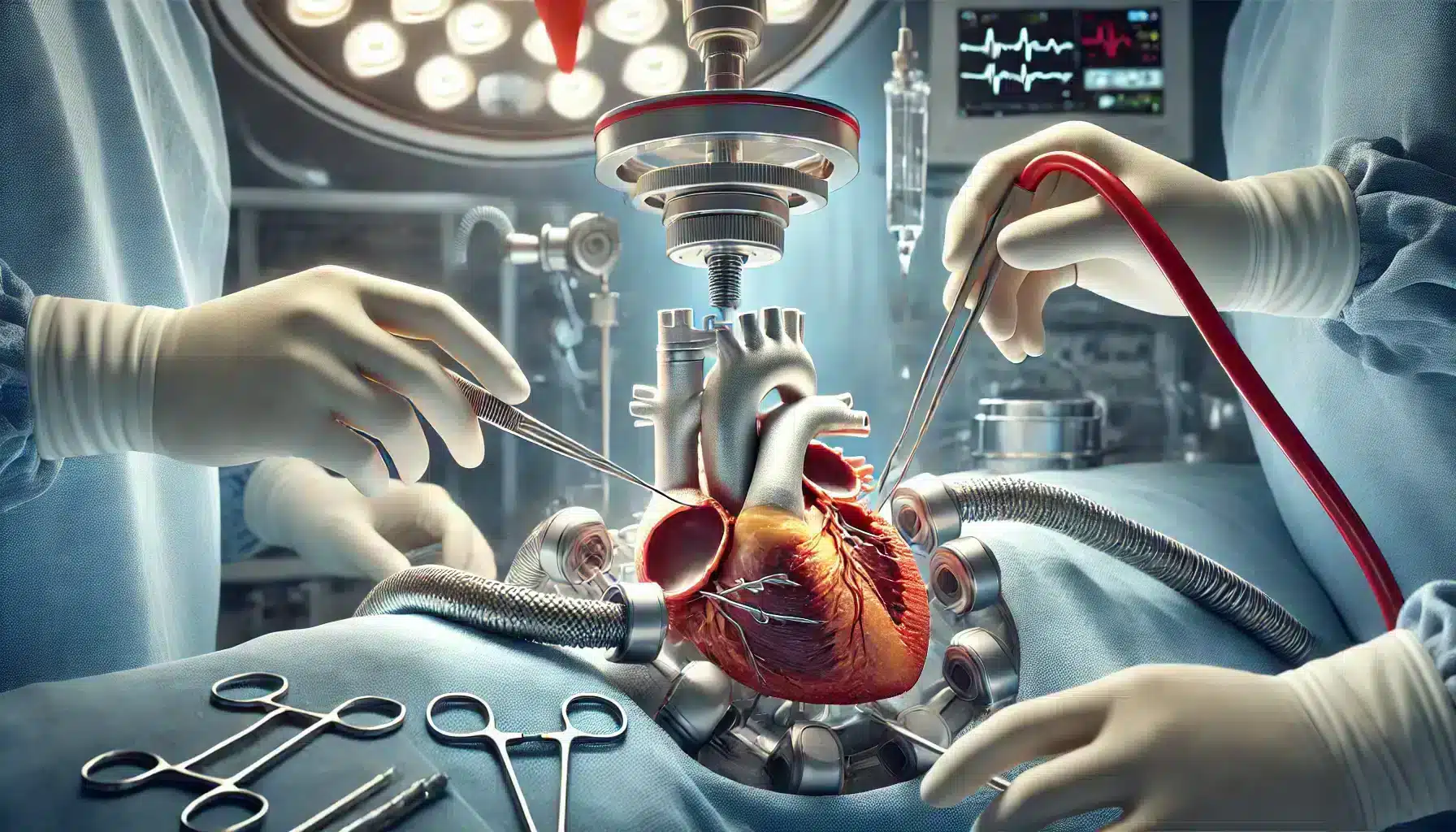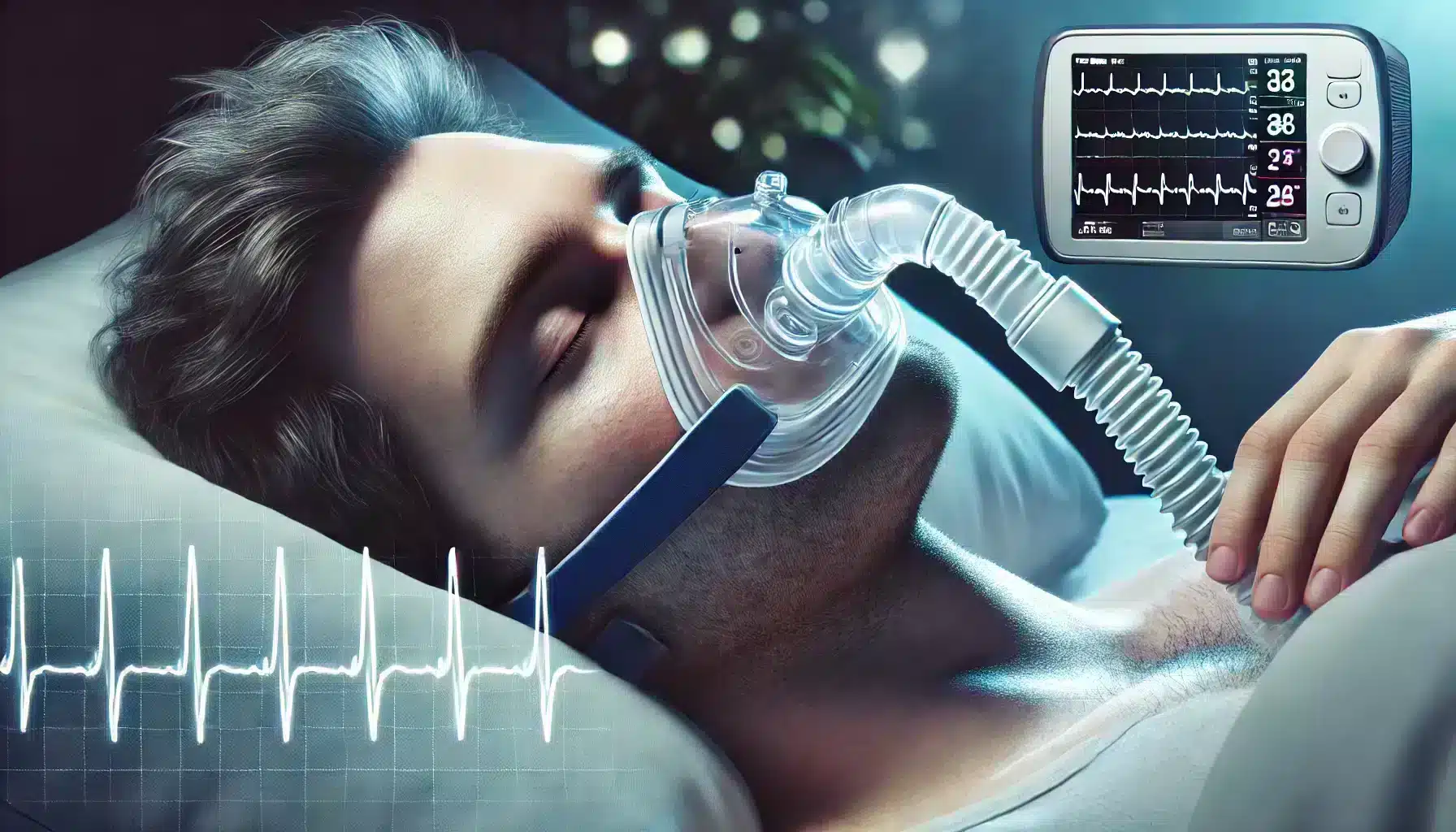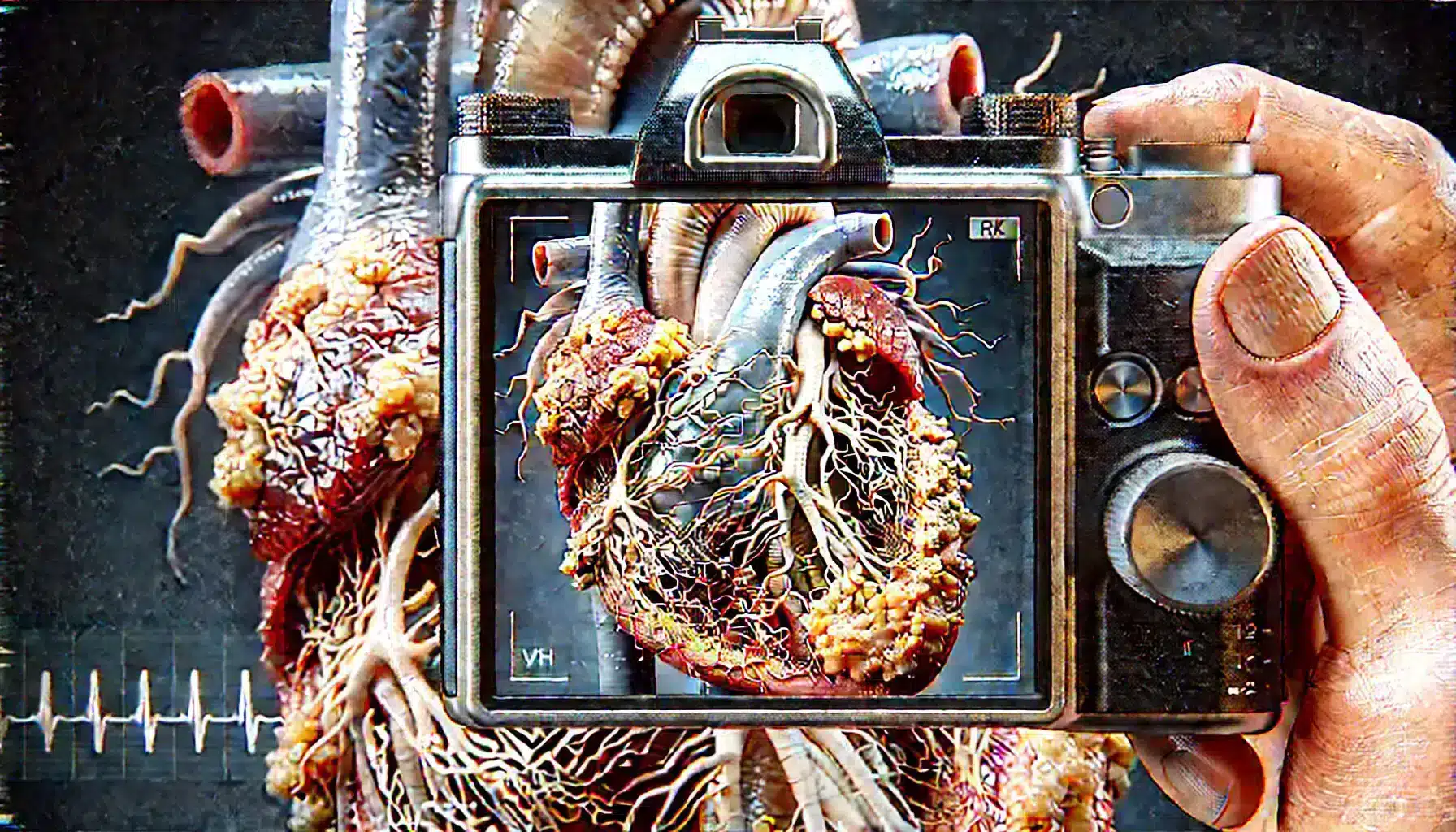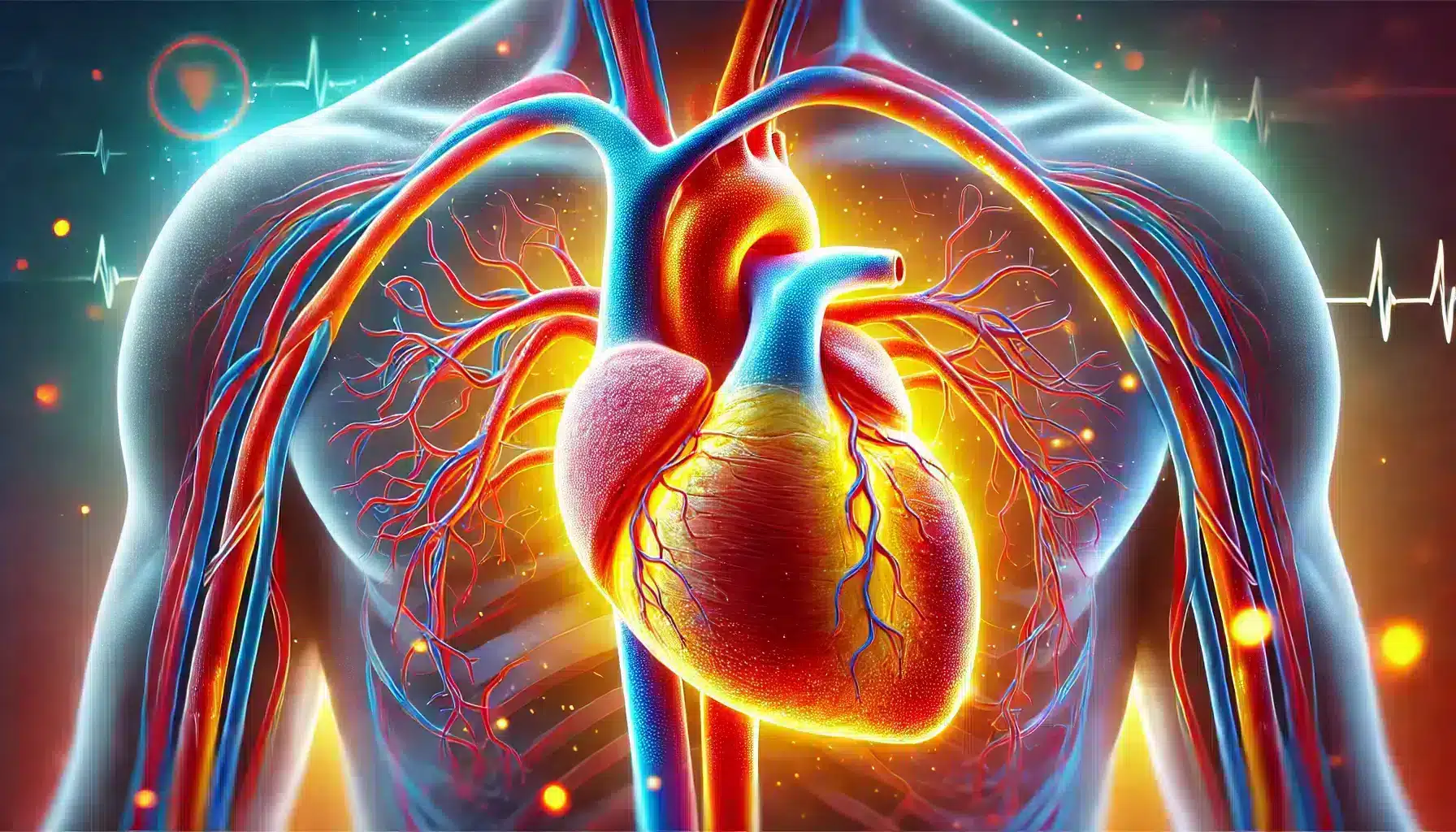What is a Mechanical Heart Valve? A mechanical heart valve is a prosthetic device implanted in patients whose natural heart valves are no longer functioning properly. These valves are typically made from durable materials like carbon, titanium, or other biocompatible metals, designed to mimic the function of natural heart valves. Unlike biological valves, mechanical heart valves are engineered to last …
Read More »How Alcohol Contributes to Heart Failure
Introduction Heart failure is a critical global health issue affecting millions of people worldwide. Understanding the factors that contribute to this condition is essential for prevention and management. One such factor is alcohol and heart failure, which has been linked to various cardiovascular diseases, including heart failure. This article explores how alcohol consumption affects heart failure, shedding light on the …
Read More »The Impact of Caffeine on Heart Arrhythmias
What is Caffeine and How Does It Affect the Body? Caffeine is a natural stimulant most commonly found in coffee, tea, and various energy drinks. It works by stimulating the central nervous system, helping you stay alert and preventing the onset of tiredness. This effect occurs because caffeine blocks adenosine, a neurotransmitter responsible for relaxation and sleepiness, from binding to …
Read More »Latest Advances in Heart Valve Replacement Techniques
Introduction to Heart Valve Replacement Latest Advances in Heart Valve Replacement Techniques. Heart valve replacement is a critical procedure for patients suffering from severe valve dysfunctions, such as stenosis or regurgitation. The heart valves play an essential role in regulating blood flow through the heart’s chambers, ensuring that blood moves in the correct direction. When a valve is damaged or …
Read More »How Sleep Apnea Can Trigger Heart Arrhythmias
What is Sleep Apnea? Sleep apnea is a common but serious sleep disorder where breathing repeatedly stops and starts during sleep. This condition can lead to poor sleep quality and various health issues if left untreated. There are two main types of sleep apnea: obstructive sleep apnea (OSA), which occurs when the throat muscles relax and block the airway, and …
Read More »The Benefits of Cardiac Rehabilitation for CAD Patients
1. Introduction to Cardiac Rehabilitation Cardiac rehabilitation is a medically supervised program designed to improve the cardiovascular health of patients diagnosed with coronary artery disease (CAD). The rehabilitation process plays a crucial role in helping patients recover from heart-related conditions and surgeries while significantly reducing the risk of future cardiac events. Through a combination of exercise, education, and lifestyle changes, …
Read More »How Smoking Affects Coronary Artery Health
Introduction to Smoking and Heart Health Smoking is one of the most significant preventable causes of health issues worldwide. Among the many organs affected by smoking, the heart and blood vessels, particularly the coronary arteries, are extremely vulnerable. The coronary arteries supply the heart muscle with oxygen-rich blood, and any damage to these arteries can severely impact heart health. In …
Read More »Exercise Guidelines for Coronary Artery Disease Patients
Understanding Coronary Artery Disease Coronary artery disease (CAD) is a condition characterized by the narrowing or blockage of the coronary arteries, primarily due to atherosclerosis—a buildup of fatty deposits, cholesterol, and other substances on the artery walls. This condition limits the flow of oxygen-rich blood to the heart muscle, which can lead to symptoms like chest pain (angina), shortness of …
Read More »Early Warning Signs of Coronary Artery Disease
What Is Coronary Artery Disease? Coronary artery disease (CAD) is one of the most common heart conditions, and it occurs when the arteries that supply blood to the heart muscle become narrowed or blocked due to the buildup of fatty deposits called plaque. These blockages can reduce or completely stop blood flow to the heart, leading to chest pain, shortness …
Read More »Top Medications for Managing Arrhythmias
Understanding Arrhythmias: Causes and Symptoms Arrhythmias are irregular heartbeats caused by improper electrical impulses that regulate the heartbeat. These can result in the heart beating too fast (tachycardia), too slow (bradycardia), or irregularly. The most common causes of arrhythmias include heart disease, high blood pressure, smoking, heavy alcohol consumption, excessive caffeine intake, stress, and certain medications. Symptoms of arrhythmias can …
Read More »